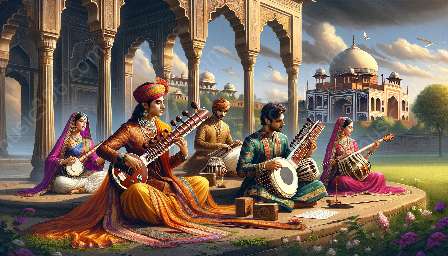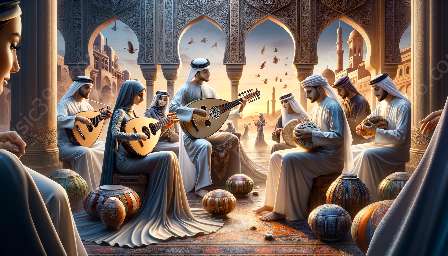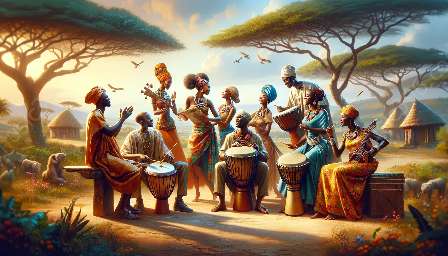Honkyoku music, deeply rooted in Japanese culture and spirituality, serves as a profound reflection of Japan's values, beliefs, and traditions. This traditional art form, often associated with Zen Buddhism, showcases the profound connection between music and spirituality in Japanese culture.
Understanding the Cultural Significance of Honkyoku Music
Honkyoku music, a genre of traditional Japanese music, is primarily associated with the shakuhachi, a bamboo flute. The intricate melodies and distinctive sounds of honkyoku have been shaped and influenced by the cultural and spiritual context of Japan throughout history. Rooted in Zen Buddhism, honkyoku music holds a unique position in Japanese culture and spirituality.
Historical and Cultural Context
The roots of honkyoku can be traced back to the Fuke sect of Zen Buddhism, which played a pivotal role in the development and preservation of the art form. The Fuke sect utilized the shakuhachi as a spiritual tool for meditation and enlightenment, leading to the emergence of honkyoku music as a form of devotional expression.
Drawing from the Japanese aesthetic principle of wabi-sabi, honkyoku music embodies simplicity, imperfection, and transience. This aesthetic philosophy, deeply ingrained in Japanese culture, is reflected in the meditative and introspective qualities of honkyoku compositions.
The Spiritual Dimensions of Honkyoku Music
Central to honkyoku music is the concept of ma, which emphasizes the significance of silence and space between notes. This aspect of honkyoku reflects the spiritual value of emptiness and stillness in Zen Buddhism, embodying the idea that silence is an essential element of expression.
Furthermore, honkyoku compositions often draw inspiration from natural elements, such as wind, water, and birdsong. These musical expressions of nature align with traditional Japanese beliefs in the interconnectedness of humans and the natural world, fostering a sense of spiritual harmony and reverence for the environment.
Musical Interpretation and Cultural Themes
As honkyoku music is traditionally transmitted through an oral tradition, the interpretations of specific pieces may vary among different players. This variability allows for individual expression and personal interpretation, reflecting the diverse cultural perspectives and spiritual experiences within Japanese society.
The motifs and themes within honkyoku compositions often echo traditional Japanese cultural expressions, such as seasonal changes, landscapes, and spiritual contemplation. Through these musical narratives, honkyoku serves as a means of preserving and transmitting cultural heritage, while also conveying spiritual insights and contemplative experiences.
Global Influence and Contemporary Relevance
Despite its historical roots in Japan, honkyoku music has gained global recognition and influence in the world music scene. As artists and enthusiasts outside of Japan embrace this traditional art form, the cultural and spiritual dimensions of honkyoku continue to resonate across diverse global audiences.
In conclusion, honkyoku music stands as a testament to the enduring influence of Japanese culture and spirituality on artistic expressions. Its profound connections to Zen Buddhism, nature, and the Japanese aesthetic ethos exemplify the intricate relationship between music, culture, and spirituality in Japan. Through deep listening and contemplation, honkyoku invites us to explore the timeless wisdom and spiritual depths embedded within Japanese culture.










































